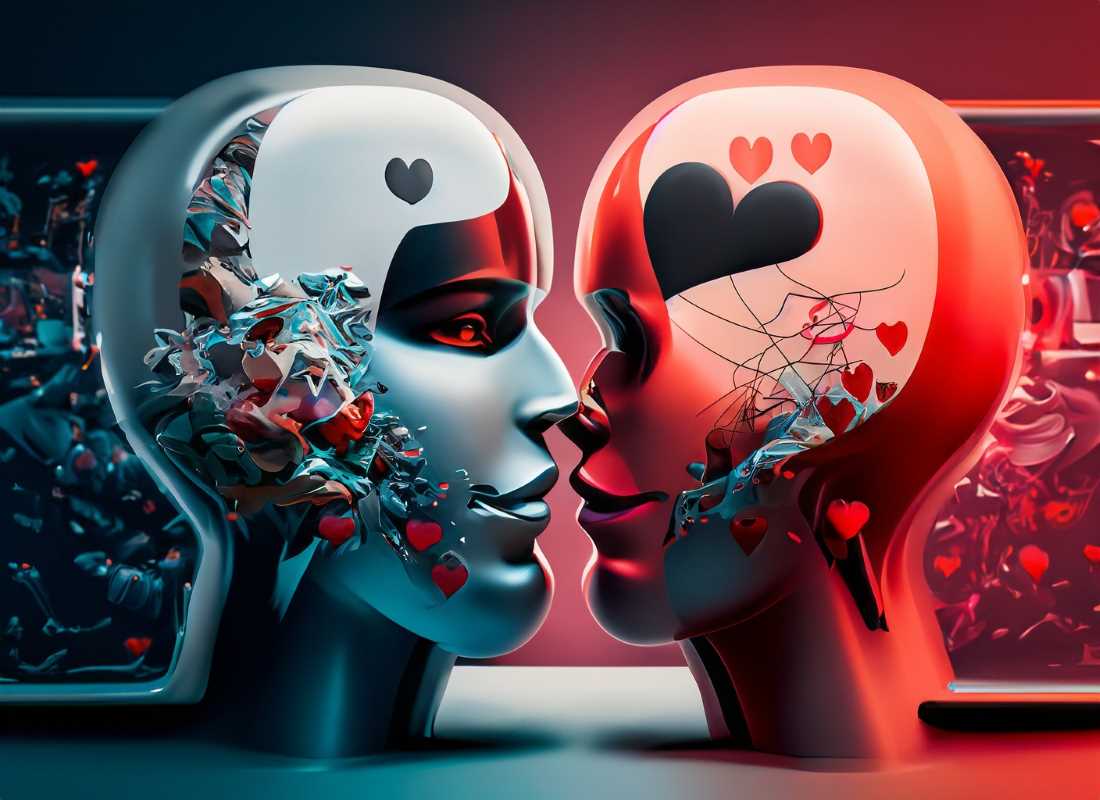Are Social Networks Really the Place to Find Love?
In the digital age, virtual love on social networks may seem appealing, but it often leads to disappointment, depression, and real-world dangers. A researcher warns of reduced self-control and anxiety, emphasizing the need for limits and regulations to protect users.

In today's digital age, where smartphones and social networks have become integral parts of our daily lives, it's no surprise that young people are increasingly turning to the virtual realm to seek love and connection. However, according to Rolando Díaz Loving, an academic at the Faculty of Psychology of the UNAM, this surge in digital romance is giving rise to relationships that are often unstable and non-functional.
During a recent talk titled Love and Lovelessness in Social Networks, as part of the Cycle of New Dialogues organized by the General Directorates of Dissemination of Humanities and Dissemination of Science at UNAM. In the talk, Loving shared his insights into the world of virtual relationships. He pointed out that while some may see these connections as convenient and disposable, they frequently lead to more disappointments than pleasures, with episodes of depression and even suicide attempts becoming all too common.




